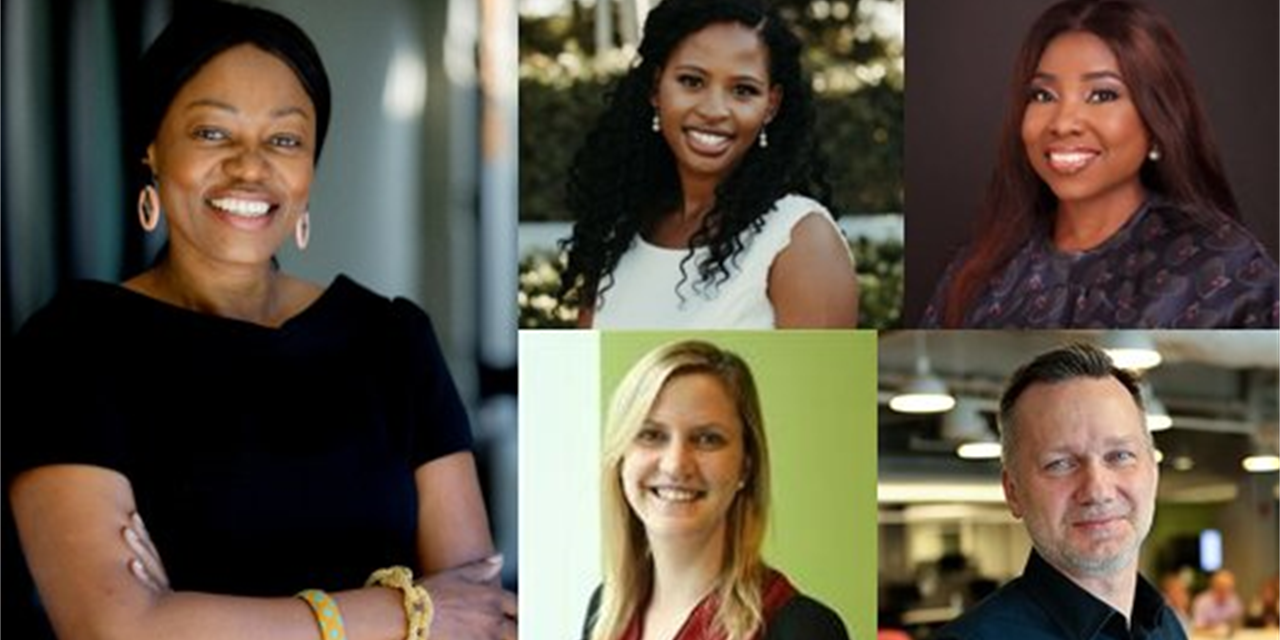By: Malika Ferot
@Malikaferot
There is a huge gap between the funding African non-governmental organizations (NGOs) are receiving compared to their governmental and international counterparts, according to a new report.
African philanthropists are only donating nine percent of their larger sums to African NGOs, according to the combined findings of The Bridgespan Group, a global nonprofit, and the African Philanthropy Forum, a network of strategic philanthropists and social entrepreneurs.
“What we found on the African funders side, is that a lot of large gifts (donations) are being directed to public sector entities, as well as direct implementation of initiatives through funders own operating foundations,” Siya Hayi-Charters, Consultant at The Bridgespan Group’s Johannesburg office, said at the “Harnessing the Power of African Philanthropy to Fund African Organizations,” virtual event earlier this month.
Hosted by the John D. Gerhart Center for Philanthropy at the AUC School of Business, the event focused on challenges that African NGOs are facing and what strategies they are currently implementing to combat them.
Philanthropist Tsitsi Masiyiwa believes there is great potential for philanthropy in Africa, and the response to the current COVID-19 pandemic is a great example of that. However, African NGOs are experiencing many obstacles.
The founding board member and the current Board Chair of the African Philanthropy Forum, Masiyiwa started her philanthropic work in the early 1990’s during the HIV/AIDS pandemic. Greatly impacted by the many orphans and families the pandemic left without breadwinners, she was ultimately inspired to dedicate her life and work to children.
In 1996, she founded the Higherlife Foundation which has supported more than 250,000 children so far towards educational services. It is now one of the largest scholarship programs in Africa.
NGOs are often crucial for local communities, Masiyiwa pointed out, as they are more in touch with the members’ needs and priorities than the bigger international and governmental organizations.
One of the key findings of the report was that there is a lack of trust based on a skewed perception of what African NGOs can achieve. This is why funders end up supporting bigger and more well-known organizations.
NGOs often pay in the local average salary of the given country, and since that can rarely compete with the salary of larger organizations, the NGOs are constantly losing qualified and competent staff.
“It’s a competitive sector, and you always find that the most highly qualified personnel will go and work the international jobs, even though job security at some of the African NGOs are way better, but they pay in the local currency,” Masiyiwa said.
Even the nine percent of all funds that the local NGOs do receive are usually smaller, more short-term and with more restricted grants. This is preventing the NGOs from actually investing and building strong resilient organizations and sustainable economic growth.
Masiyiwa believes knowledge is the answer.
“What really interested me about this webinar is that it is hosted by the American University of Cairo – which is a center for philanthropy. Now, I am only aware of two centers on the continent. One in Johannesburg and one in Cairo. With 54 countries, there is no way we can really build sustainable African philanthropy, when we have only two centers of knowledge,” said Masiyiwa.
Masiyiwa says that there should be centers of philanthropy in all African countries. They should offer masters, PhDs and conduct research on philanthropy to build sectors that collect all kinds of data.
She believes that this is how a pipeline of leadership made up of people with great skills in philanthropy is secured.
“We will not get there without that ecosystem of knowledge and skills around African philanthropy,“ explains Masiyiwa.
Despite the many obstacles and challenges, Masiyiwa is still hopeful and motivated as ever. She thinks that the momentum brought by COVID-19 should be taken advantage of.
“We are seeing it more and more. Not only internally in African philanthropy, but also globally, there is a willingness to tackle and to see ways in which we can move forward collectively,” commented Masiyiwa.
The webinar is part of a series brought by the John D. Gerhart Center for Philanthropy, Civic Engagement and Responsible Business.
“The webinars are about bringing ideas to people by bringing good speakers. And hopefully getting people to think about ‘The bottom and up’, community, and their purpose in life,” Director of the John D. Gerhart Center Ali Awni told The Caravan.
Awni explained that everything from equality to sustainability is about mindset. It is what determines what we think, and how we behave, and ultimately how we collectively shape the world. The attention and the focus should be with working “bottom – up” which means starting within our own communities.
While the speakers at the webinar discussed their strategies of finding new philanthropists, Awni believes the focus should be on the mainstream population.
“Only 30 percent of all the funding comes from big philanthropists, the rest are coming from people like you and me. We might only give a $100, and not a million, but there are hundreds of millions of us,” Awni said.
Awni seconds Masiyiwa in her focus on prioritizing and establishing foundations of knowledge to create informed individuals. That is how Awni believes working toward change becomes more accessible.
“It all comes down to awareness. That is how mindsets are challenged and that is how we democratize and de-elitize change (in the world),” Awni said.
